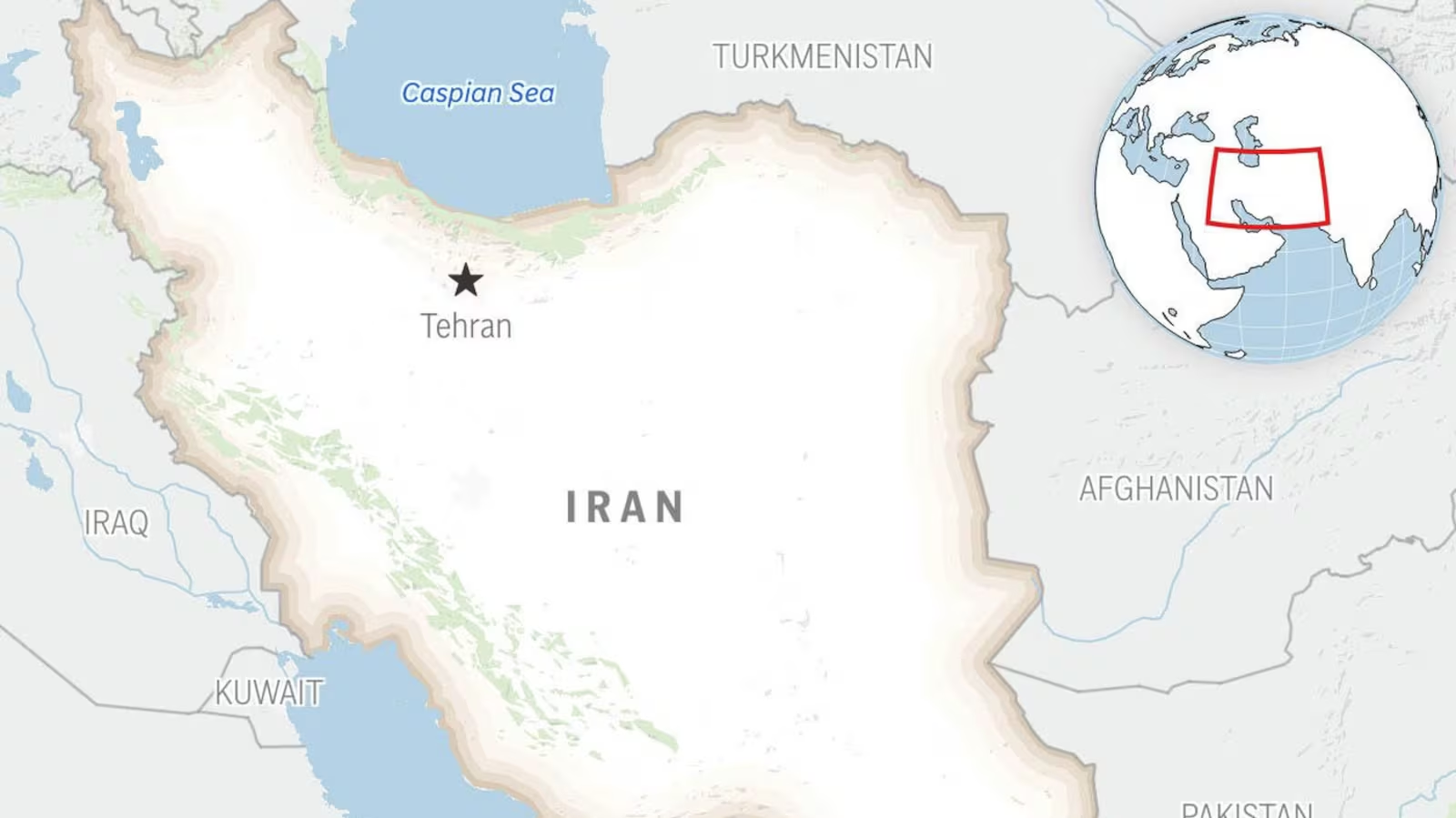Germany, France, and the United Kingdom are preparing to activate the UN “snapback” mechanism as early as Thursday, setting in motion the process to reimpose sanctions on Iran over its advancing nuclear program. The step, part of the original 2015 nuclear agreement, would take 30 days to come into effect, leaving a brief window for Tehran to negotiate and avoid further penalties.
European officials say the decision follows Iran’s expansion of its nuclear activities well beyond the limits of the Joint Comprehensive Plan of Action (JCPOA), which unravelled after the United States withdrew from the deal during Donald Trump’s presidency. While the E3 hopes Tehran will return to the table and allow full international inspections, Iran has threatened severe retaliation if sanctions are reinstated.
Rafael Grossi, head of the International Atomic Energy Agency, said restoring the JCPOA in its original form is now “almost impossible.” Despite Iran’s ban on cooperation, UN inspectors have recently returned, conducting checks at the Bushehr nuclear power plant. Grossi insisted that inspections remain binding under the Nuclear Non-Proliferation Treaty, unless Iran withdraws from the pact—a move Tehran has openly threatened.
The U.S., with Secretary of State Marco Rubio calling the snapback a “powerful piece of leverage,” has backed European efforts. However, diplomatic efforts to revive negotiations have stalled, especially after Israel’s June strikes on Iranian nuclear facilities ignited a 12-day conflict involving U.S. airstrikes and Iranian retaliation on Israeli cities.
Although Iran’s parliament passed legislation halting cooperation with the IAEA, the country’s Supreme National Security Council has quietly allowed inspectors limited access to facilities such as Bushehr. This has sparked internal political disputes in Tehran, with lawmakers accusing the government of violating its own restrictions.
With the snapback option set to expire in October, the coming month will be pivotal. Diplomats are scrambling to salvage negotiations, but mistrust runs deep after months of military escalation, collapsed talks, and Tehran’s growing nuclear ambitions.

